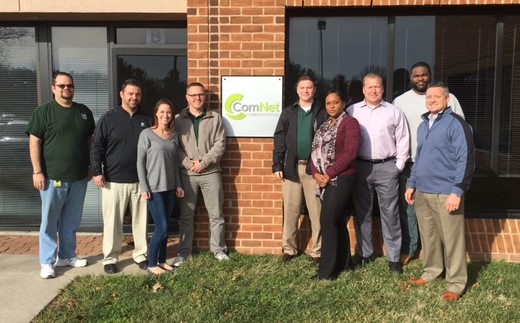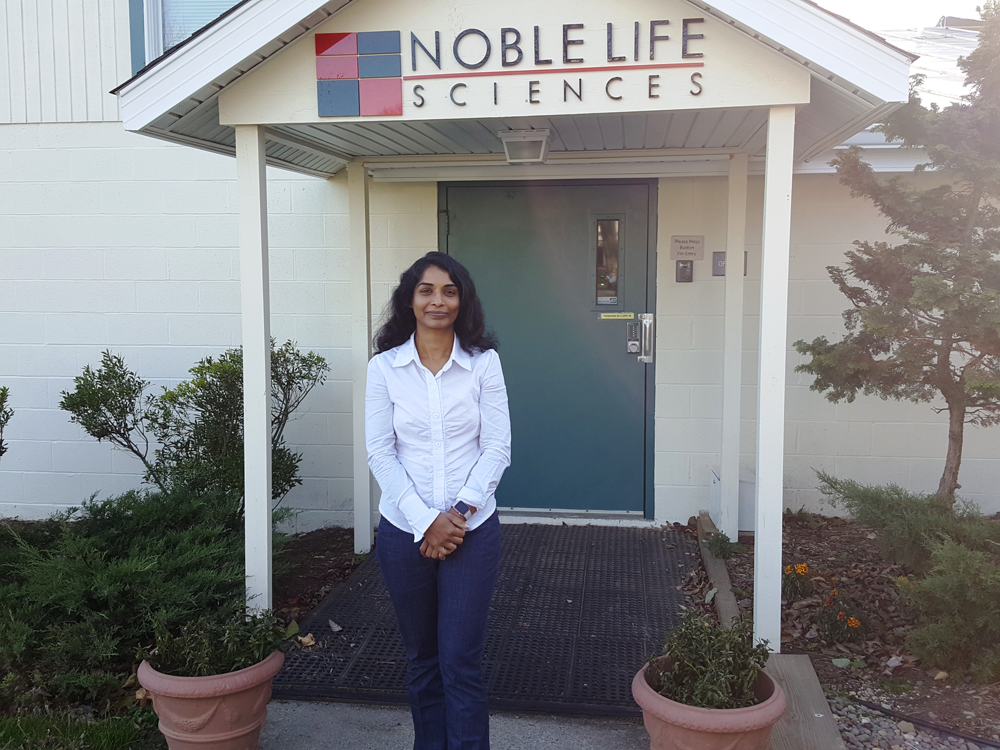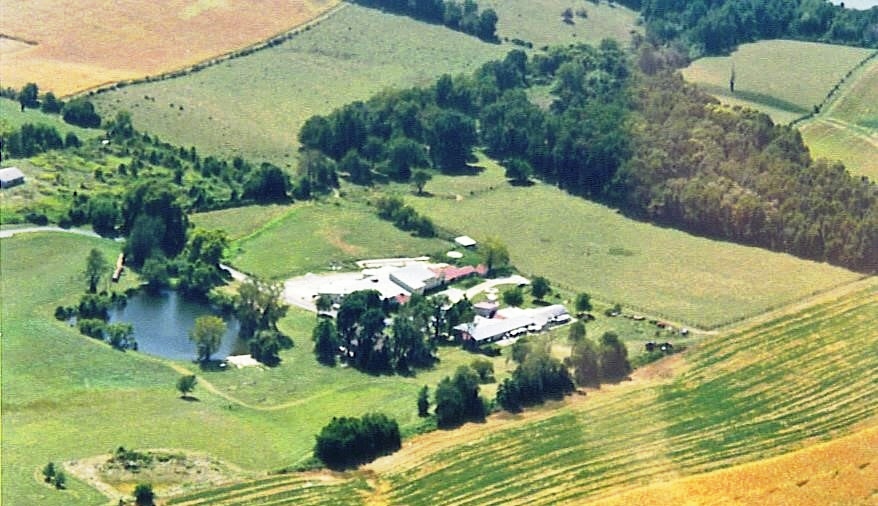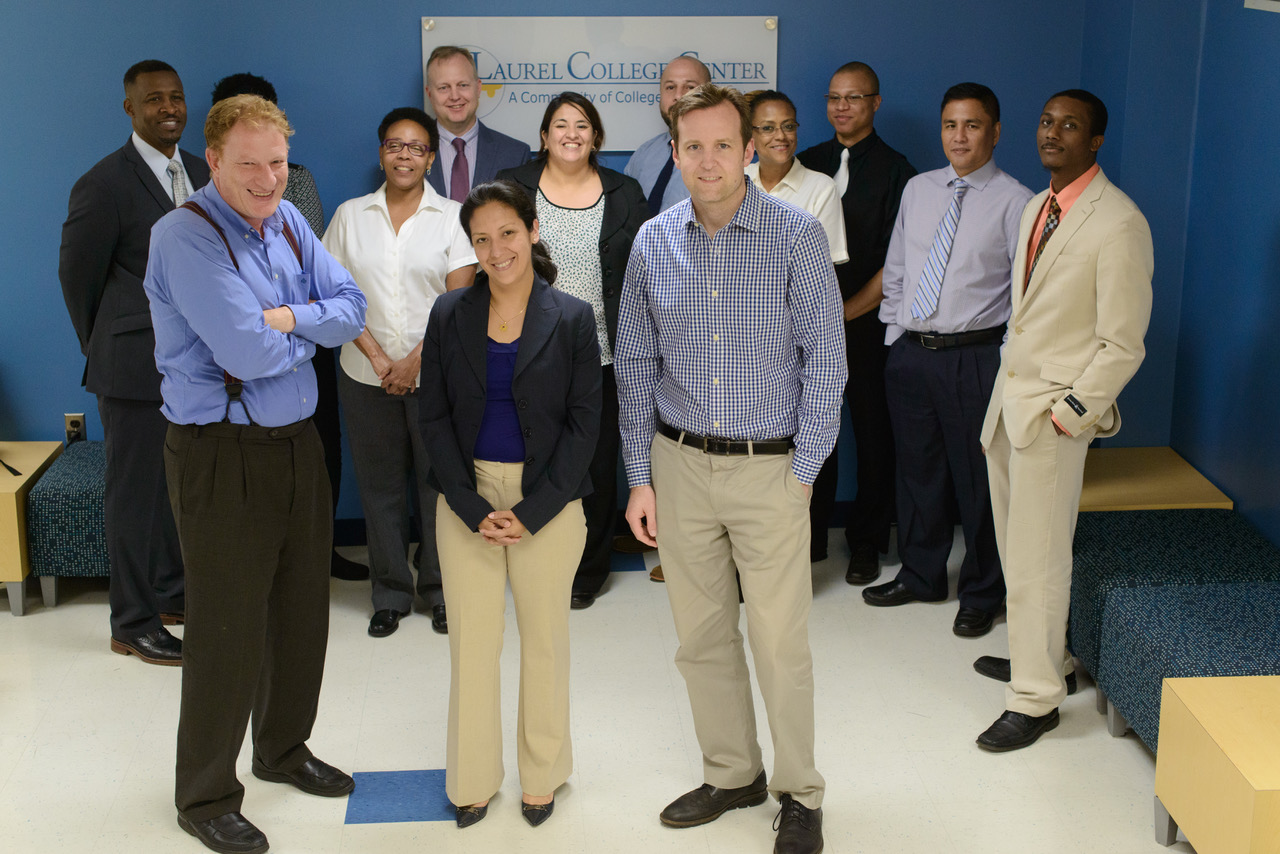
HackEd
It’s no secret that there is a big demand for cybersecurity jobs in this area, and HackEd—a talent community providing cybersecurity training and recruiting services—was created to train job seekers and match them with local employers. The Maryland Tech Council spoke with Jon Ferris, CEO of HackEd to tell us about how the company is accomplishing its mission.
How did HackEd come to be?
We started HackEd in 2016 with two goals. First, we provide hands-on-keyboard technical training to students, job seekers, and career changers in cybersecurity, and second, we help employers find and retain qualified cybersecurity employees. There has been a lot of talk about the number of cybersecurity jobs that are open in the DC area but it’s not always obvious to job seekers how to obtain those jobs, especially when they have little training. When job seekers want training, they typically follow one of three paths: 1) They train themselves, which requires quite a bit of discipline and there isn’t a teacher available to answer questions; 2) They enroll in a university program which is usually geared toward policy, as opposed to hands-on-keyboard skills, or 3) They enroll in a hands-on-keyboard course which can cost between $5,000 – $6,000 per week. We stepped in to offer them a better solution that not only meets their needs but also sets them up to be hired by one of our corporate partners. It’s a win-win for the local workforce.
What’s different about our program is that it’s free—there is no tuition. There is also no fee to hire from HackEd. Our revenue comes from recruitment practice, corporate training engagements, and employer sponsorships.
Tell us about the classes that you offer.
Our goal is to graduate professionals who are trained and ready to make an immediate impact in SOC/NOC Administration, Vulnerability Assessment, Forensics, Incident Response and Penetration Testing roles. Our curriculum is paired with a series of real-world labs on our proprietary corporate network, Sentinel™, to help participants develop the technical skills employers are urgently in need of.
We run a six-week, full-time program every quarter. Our classes are taught by full-time teachers, so they are committed to helping us develop the curriculum and really making this program a success. The program is taught in Arlington, Virginia right near the Crystal City metro station. We are also teaching in Maryland this summer.
Explain the types of experience/education that applicants need and describe the class profile.
We accept 12-15 students for each class, and we like to say that we screen for passion. The types of students we look for are typically hackers tinkering on their home networks, going to networking groups, and getting certifications as opposed to people who are just interested in lucrative cybersecurity jobs. A degree is not required (which is common for cybersecurity jobs) but we do look for some type of technical background in understanding, for example, how the Internet works and how networks operate. Since we have about 85 local corporate partners that hire from our classes, we look primarily for people who want to work in the DC area.
Our class profile is very diverse. We see people with minimal experience and others with 30 years of experience along with career changers who need to get technical skills. Our classes have men, women, minorities, veterans, university professors, you name it.
What are the plans for HackEd?
It’s an exciting time for us. We are unable to meet the student demand (700+ applicants for 10-15 spots) and 85+ companies with hundreds of job openings. We are planning to build the country’s first Cybersecurity Talent Accelerator. In the accelerator, across 12 classrooms, we’ll be able to train about 800-1000 people per year, which will definitely make a dent in the number of cybersecurity openings in the region. The accelerator will also serve as a training center for our corporate partners, office space for early-stage cybersecurity companies, an after-school cyberlab for high school students, and an event space for the cybersecurity community. We’ve gotten a lot of support locally, and if there is interest in building something like this in Maryland, please contact us.
What other services do you offer?
We also offer corporate training (day or night) and full-cycle recruitment. This means that our recruiters are able to manage accounts, as well as recruit for them which is how we build trust and valued relationships. Our goal is to offer outstanding recruiting services to our clients by developing and fostering relationships and getting to know our customer’s work environment, so that we are able to provide candidates that fit not only the skillset but also the company culture, thus ensuring a better match.
Our team is also experienced in recruiting across multiple lines of business so we are able to offer that “one-stop shop” to our business partners. Rather than having to go to one vendor for financial placements, another for admin./clerical, and yet another for IT services, our team has full-time recruiters that are experienced in each of these areas.
Tell us about your experience with MTC
We’re new to MTC and were introduced by one of our clients, the Anne Arundel Workforce Development Corporation (AAWDC). AAWDC has engaged us to train veterans and unemployed individuals on an entry-level cybersecurity curriculum. This 8-week program ends on August 4, and our participants will be looking for jobs. The interview process starts in July, and we would greatly appreciate companies reaching out to us if they have job openings for entry level IT and cybersecurity-related positions. We will also be holding a hiring event on July 27, so please contact Rachel Chen at rachel.chen@hackeducate.com for an invitation.
Where can prospective students and corporate partners get more information?
Employers can visit our website at www.hackeducate.com. I’d also like to add that we are offering discounted rates to our fellow MTC members for our recruiting services. Interested members can contact Rachel Chen at rachel.chen@hackeducate.com for more information.
We are new to Maryland and appreciate the Maryland Tech Council and its members giving us a chance to be of service. Thank you for being so welcoming to HackEd.


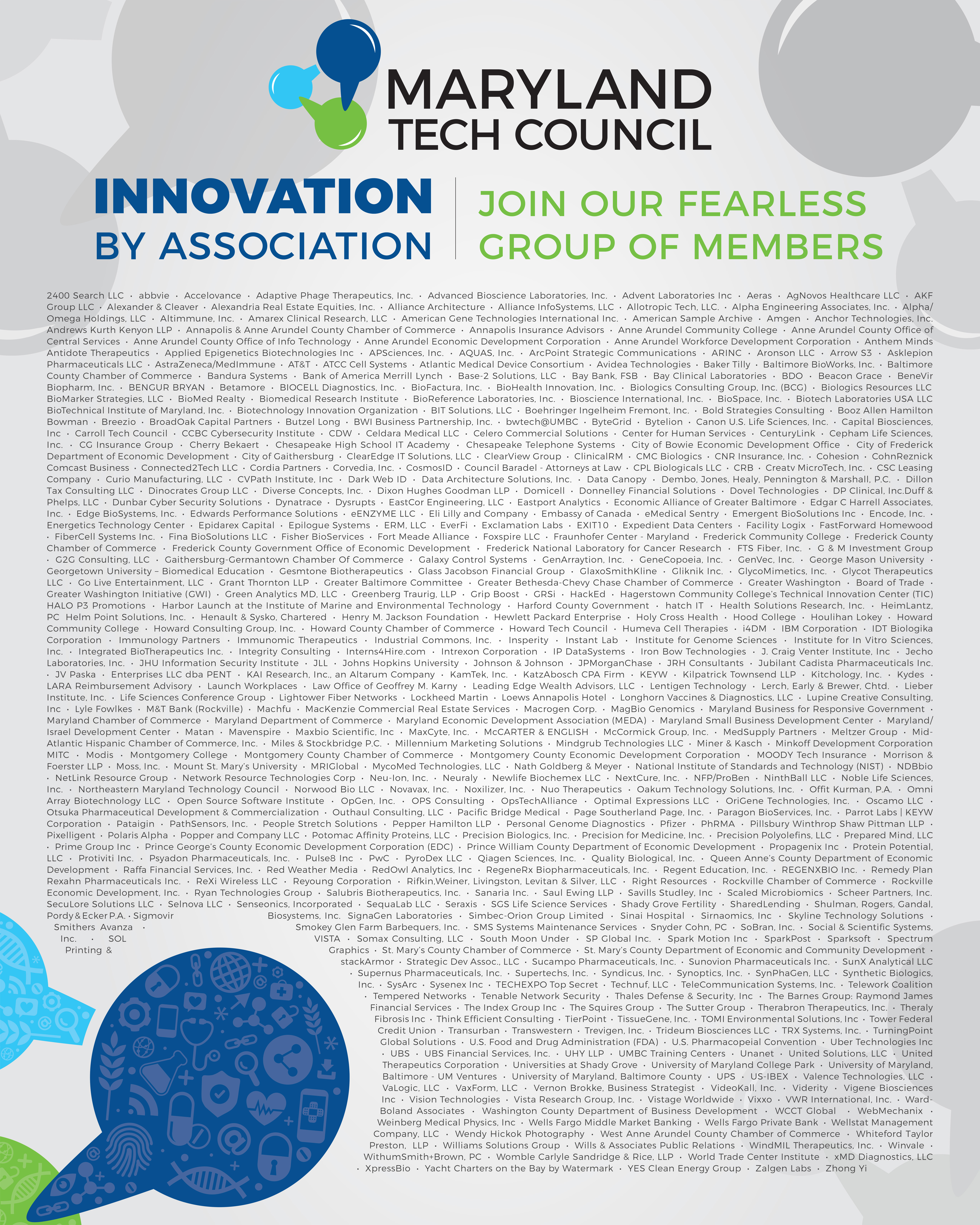
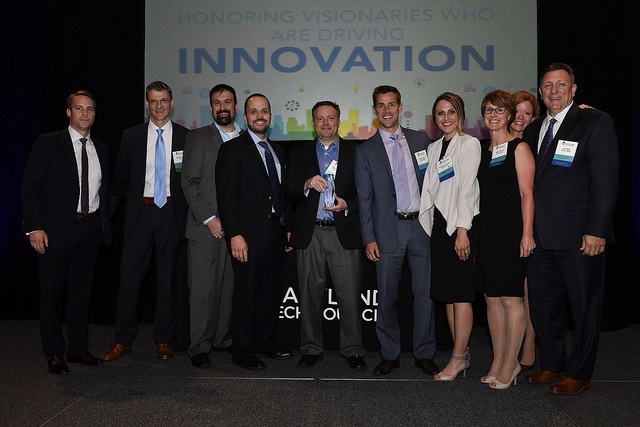
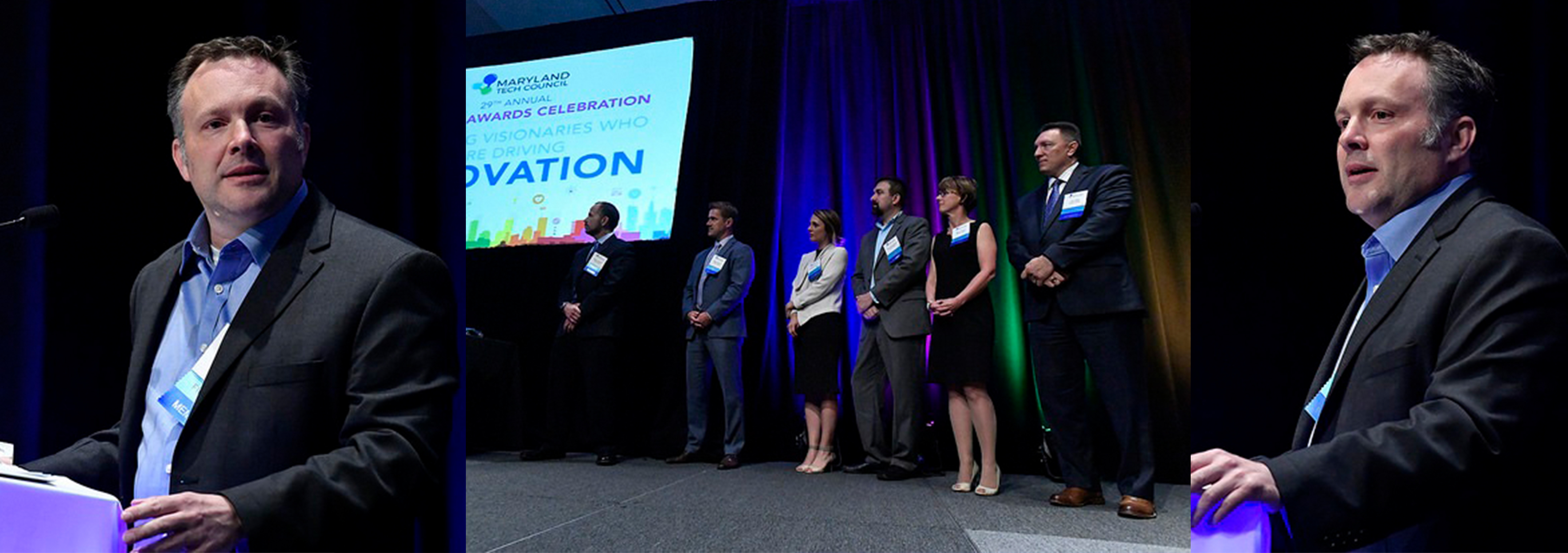


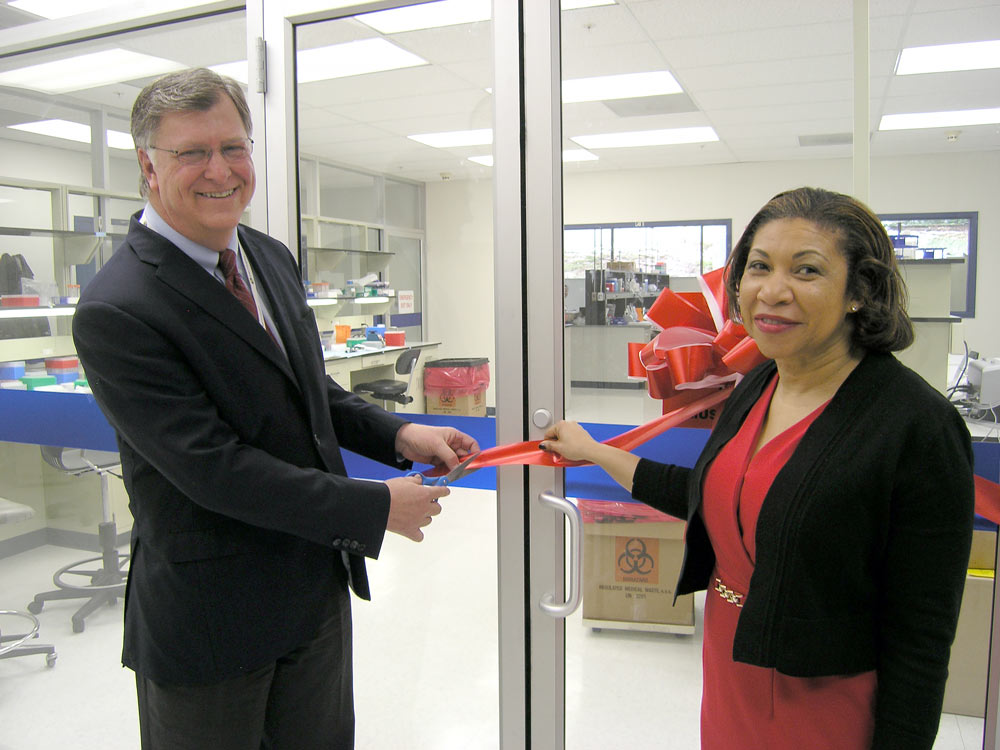 Ira S DuBey, Executive Vice President, Bioanalytical Services
Ira S DuBey, Executive Vice President, Bioanalytical Services
 To learn more, contact Camille G. Fesche, Esq.
To learn more, contact Camille G. Fesche, Esq. 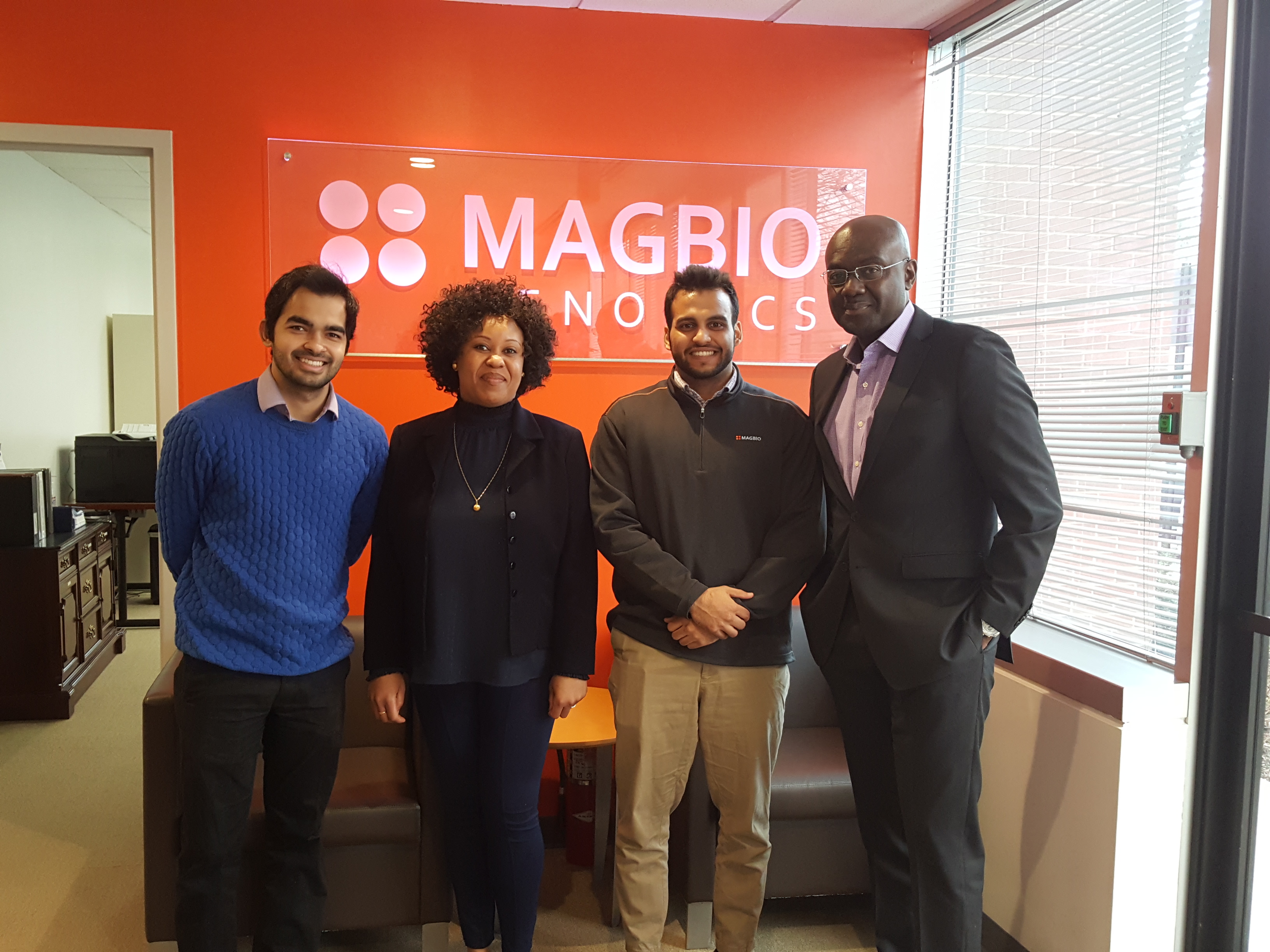
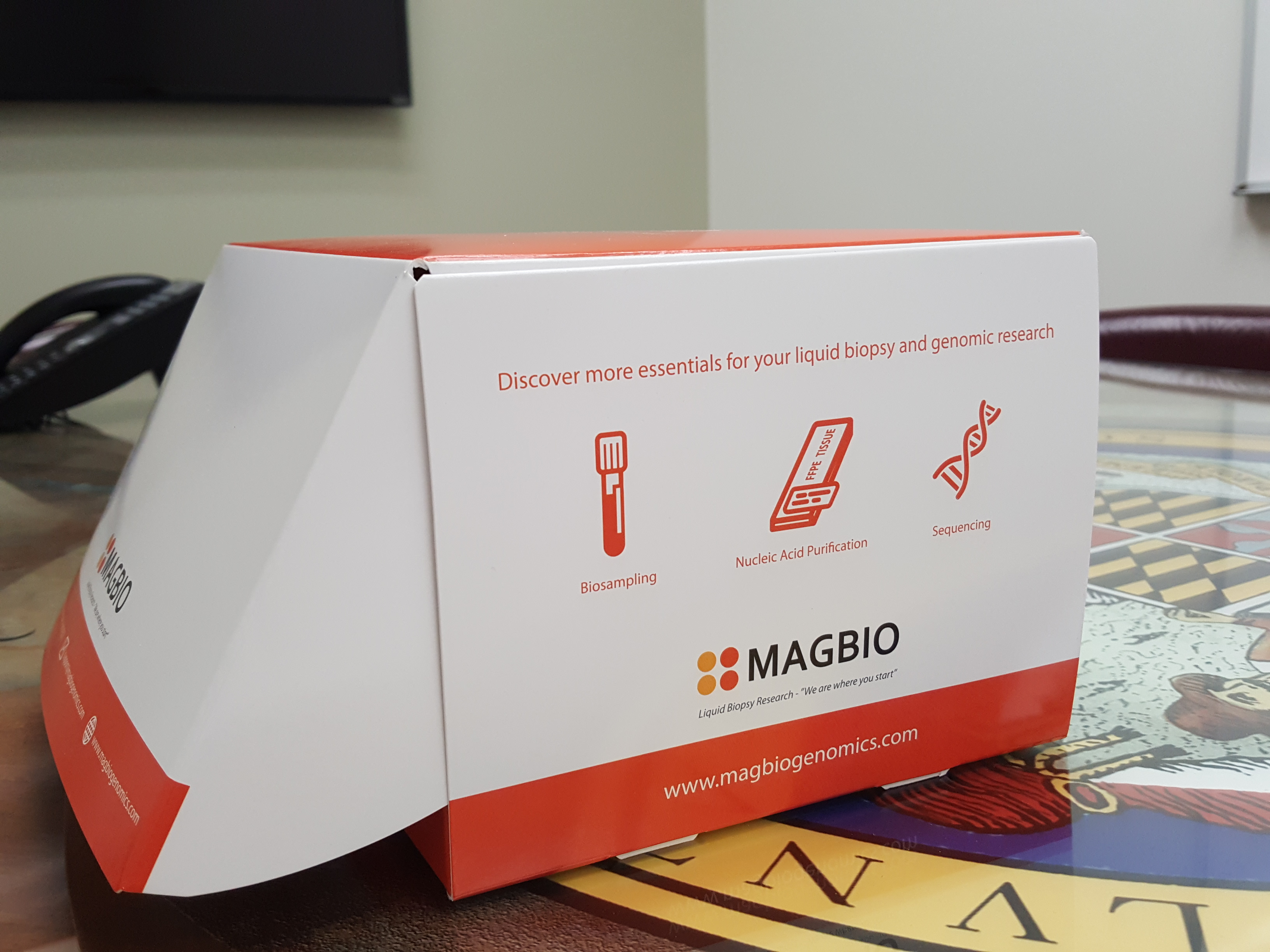
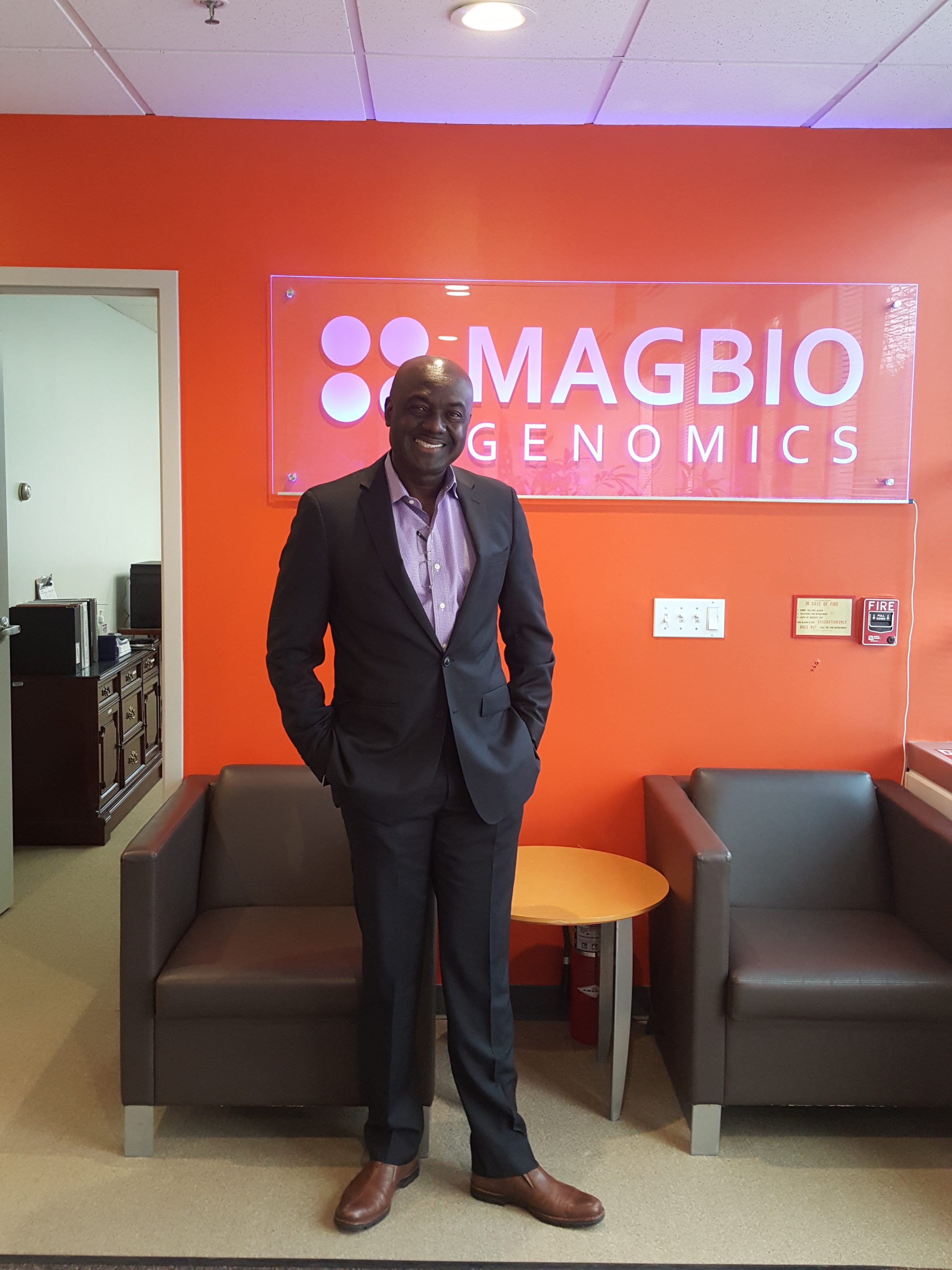 Who should members contact with questions?
Who should members contact with questions?
